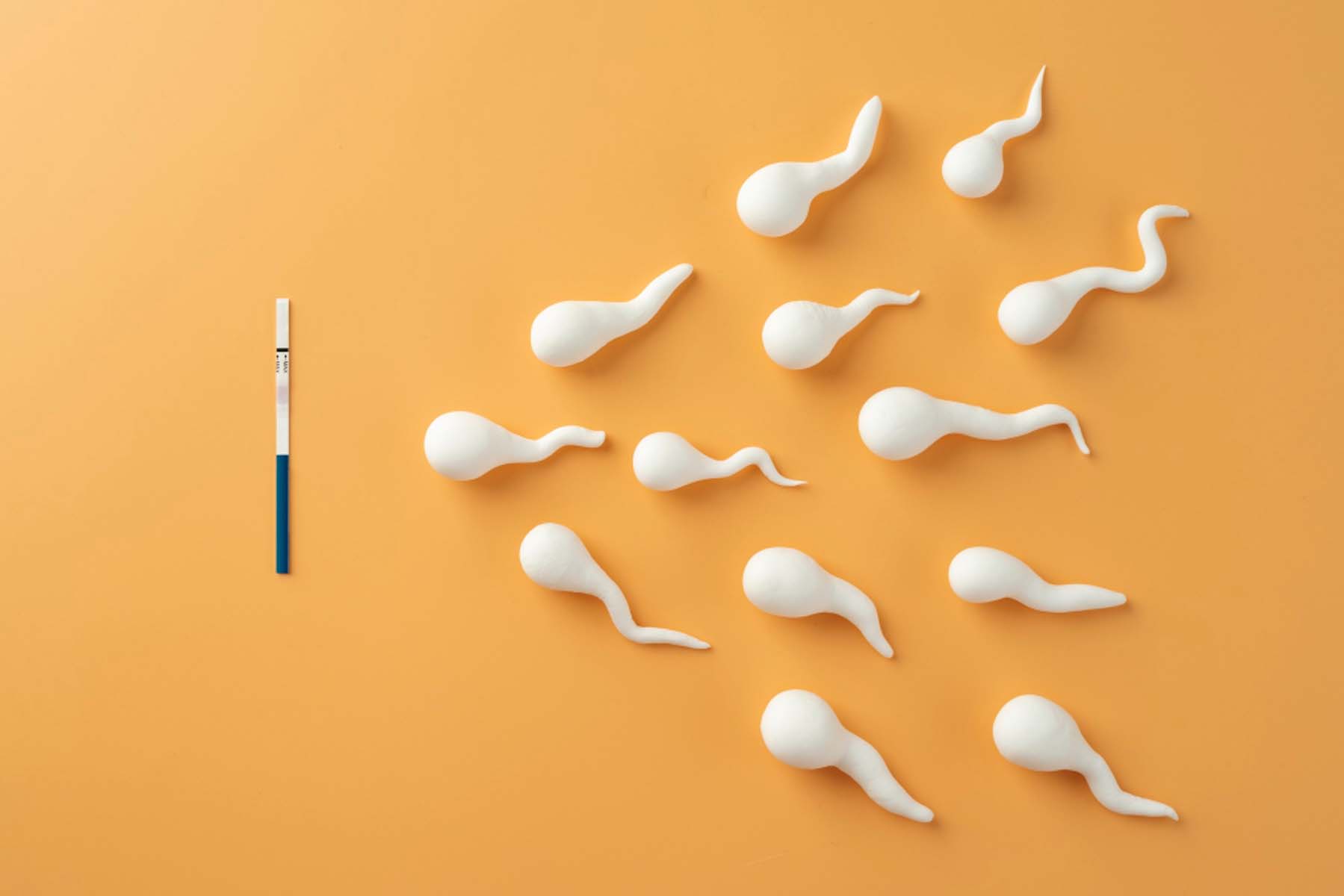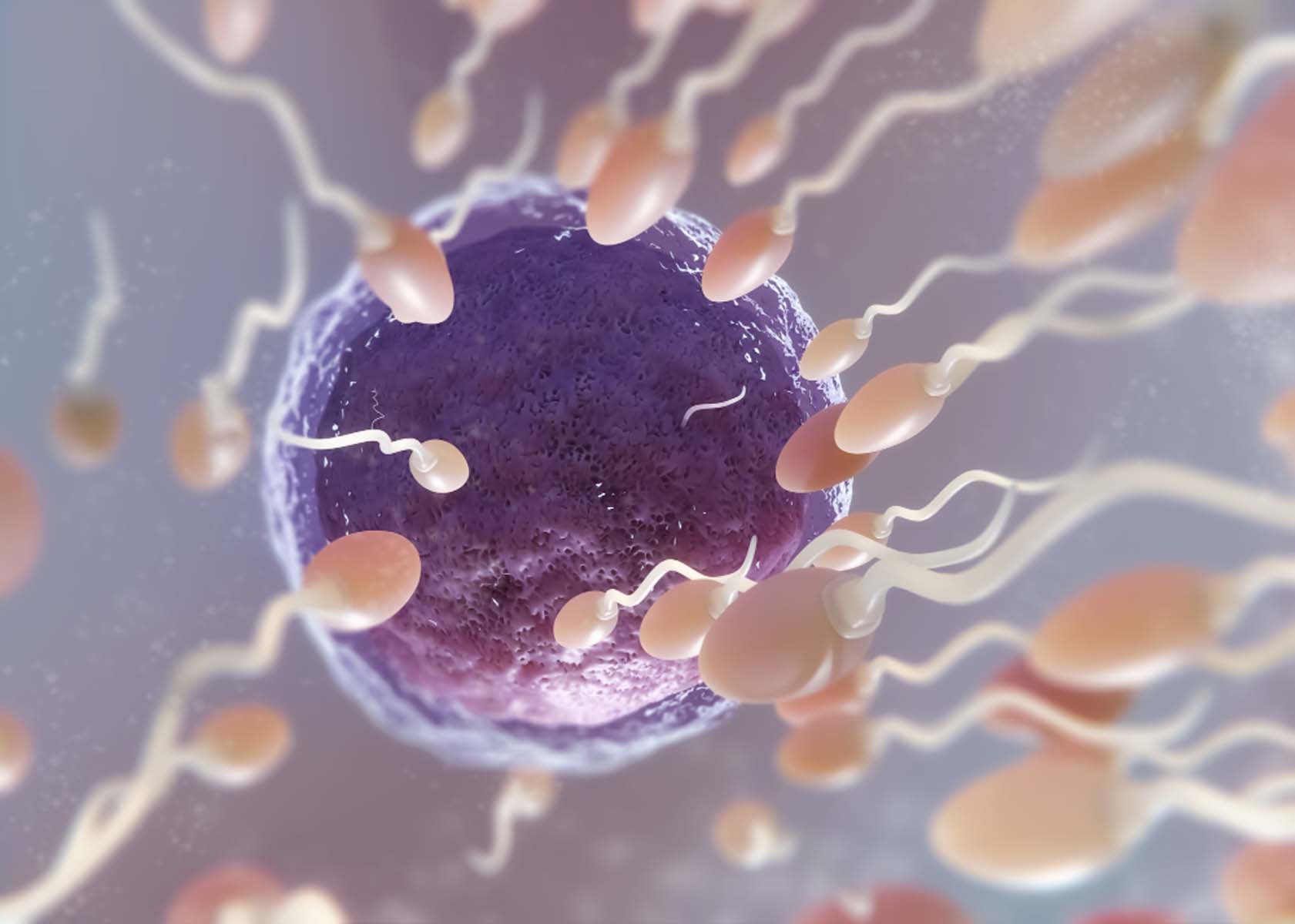Sperm 101: Enhancing Quality & Quantity
The journey to parenthood is a profound and cherished dream for many. Central to this aspiration is the vital role of male reproductive health, particularly the quality and quantity of sperm. Understanding the significance of sperm health is crucial for couples looking to conceive and embark on the beautiful path of starting a family.
Section 1: Sperm Basics

Anatomy of Sperm: Understanding the Components
Sperm, the microscopic wonders responsible for fertilization, are intricately structured cells. Each sperm consists of a head, midpiece, and tail, with the head containing genetic material and an enzyme to penetrate the egg during fertilization. The midpiece houses mitochondria, the powerhouses that fuel the sperm’s journey through the female reproductive tract, while the tail acts as a propeller for mobility.
Sperm Function: The Journey to Fertilization
Once ejaculated, sperm embark on a remarkable journey through the female reproductive system to find and penetrate the egg. Only a few lucky sperm survive this rigorous expedition, with the fastest and healthiest swimmers reaching their ultimate destination—the egg’s surface. The sperm that successfully penetrates the egg initiates the miraculous process of fertilization, forming a zygote that evolves into a new life.
Section 2: Factors Affecting Sperm Health

Lifestyle Influences: Diet, Exercise, and Weight
The lifestyle choices we make can significantly impact sperm health. A well-balanced diet rich in essential nutrients, vitamins, and minerals is vital for supporting sperm production and motility. Regular physical activity contributes to improved blood flow and hormone regulation, promoting healthy sperm. Maintaining a healthy weight is equally essential, as both obesity and being underweight can negatively affect male fertility.
Environmental Factors: Heat and Toxins
Environmental conditions play a substantial role in sperm health. Exposure to excessive heat, such as saunas or hot baths, can temporarily reduce sperm production. Toxins found in certain chemicals, pesticides, and pollutants may disrupt hormonal balance and impair sperm quality. Being mindful of environmental factors can positively impact fertility.
Stress and Its Impact on Sperm Quality
Stress, both physical and emotional, can influence reproductive health. High-stress levels trigger the release of stress hormones, such as cortisol, which can affect hormone levels necessary for sperm production. Incorporating stress-reducing techniques into daily life can support both mental well-being and sperm health.
Section 3: Nutrition for Optimal Sperm Health

Essential Nutrients for Sperm Production
A well-nourished body is essential for robust sperm production. Key nutrients such as zinc, selenium, folate, and vitamins C and E are instrumental in supporting sperm development. Including these nutrients in the diet contributes to healthier sperm and improved fertility.
Superfoods That Boost Sperm Quality and Motility
Certain foods are hailed as “superfoods” for their outstanding benefits to sperm health. For instance, incorporating walnuts, which are rich in omega-3 fatty acids, can enhance sperm vitality and motility. Blueberries, known for their high antioxidant content, may protect sperm from oxidative damage, boosting their overall health.
The Role of Antioxidants in Protecting Sperm
Antioxidants are heroes that guard sperm from harmful oxidative stress, ensuring their integrity and functionality. Vitamins C and E, along with selenium and coenzyme Q10, are powerful antioxidants that can preserve sperm quality. Consuming foods rich in antioxidants or taking supplements can be advantageous in protecting sperm health.
Section 4: Lifestyle Habits to Enhance Sperm Quality
The Connection Between Exercise and Sperm Health
Physical activity is a game-changer for sperm health. Regular exercise improves blood circulation, which ensures a steady supply of oxygen and nutrients to the testicles. This, in turn, supports sperm production and promotes healthier sperm.
The Importance of Sufficient Sleep and Rest for Fertility
A good night’s sleep is more than just a luxury—it’s a necessity for reproductive health. During deep sleep, the body produces hormones essential for sperm production, including testosterone. Prioritizing sufficient rest and sleep is critical for maintaining hormonal balance and optimizing sperm health.
Limiting Alcohol and Tobacco for Better Sperm Function
Excessive alcohol consumption and tobacco use can negatively impact sperm quality. Alcohol disrupts hormonal balance, while tobacco exposes sperm to harmful toxins. Adopting healthier habits by reducing or eliminating alcohol and tobacco use can significantly improve sperm function and fertility.
Section 5: Stress Management for Improved Fertility
Stress and Its Effects on Sperm Production
Stress can be a silent antagonist for male fertility. Chronic stress triggers the release of cortisol, a hormone that interferes with sperm production. Understanding stress’s impact on reproductive health is crucial for taking proactive steps to manage stress levels.
Techniques to Reduce Stress and Improve Reproductive Health
Incorporating stress-reducing techniques into daily life can positively influence reproductive health. Activities like meditation, yoga, mindfulness, and spending time in nature can promote relaxation and balance hormone levels, supporting optimal sperm production.
Mindfulness and Its Impact on Male Fertility
Mindfulness practices, such as meditation and deep breathing exercises, can be powerful tools in boosting male fertility. Mindfulness helps reduce stress, regulate hormone levels, and improve overall well-being, enhancing sperm health.
Section 6: Hormonal Balance and Sperm Health
Testosterone’s Role in Sperm Production
Testosterone, the primary male sex hormone, plays a pivotal role in sperm production. Adequate testosterone levels are essential for sperm maturation and the maintenance of healthy reproductive organs.
Balancing Hormones Naturally for Better Fertility
Maintaining hormonal balance is vital for male fertility. By adopting a healthy lifestyle, including a balanced diet and regular exercise, hormone levels can be optimized, positively impacting sperm health.
Addressing Hormonal Imbalances to Improve Sperm Quality
Hormonal imbalances can impair sperm production and function. Consulting with a healthcare professional specialized in reproductive health can help identify and address hormonal issues, thus improving sperm quality.
Section 7: Environmental Factors and Sperm Health
The Impact of Environmental Toxins on Sperm
Exposure to environmental toxins and pollutants can have detrimental effects on sperm health. Being mindful of the environment and minimizing exposure to harmful substances can safeguard sperm quality.
Detoxification Strategies for Men’s Reproductive Health
Detoxification practices can help eliminate toxins and promote healthier sperm. From adopting a cleaner diet to engaging in physical activities that stimulate detoxification processes, such strategies contribute to better reproductive health.
Supporting the Body’s Natural Detoxification Process
The body has its detoxification mechanisms that cleanse the system. By incorporating specific foods and habits, we can support these natural detoxification processes and enhance sperm health.
Section 8: Supplements and Vitamins for Sperm Health
Key Vitamins and Minerals for Sperm Quality and Quantity
Supplements can complement a balanced diet, providing essential nutrients crucial for sperm health. Zinc, selenium, vitamin D, and folic acid are among the key supplements that can positively impact sperm quality and quantity.
Herbal Supplements and Their Effects on Male Fertility
Herbal supplements have long been used to support male reproductive health. From ashwagandha to ginseng, certain herbs are believed to enhance sperm production and motility.
Consultation with a Healthcare Professional for Personalized Guidance
Before incorporating supplements into the daily routine, it’s essential to seek professional advice. Consulting with a healthcare professional or fertility specialist can ensure personalized recommendations based on individual needs.
Section 9: Understanding Semen Analysis
Interpreting Semen Analysis Results
Semen analysis is a critical tool for assessing sperm health. Understanding the results and what they indicate about sperm quality and quantity is essential for informed decision-making.
Knowing When and Why to Get Sperm Testing
Knowing when to undergo sperm testing is crucial, especially when trying to conceive. If conception attempts have been unsuccessful, seeking medical guidance and conducting semen analysis can provide valuable insights.
Sperm Health Parameters: What Do They Indicate?
Semen analysis examines various parameters that reveal essential information about sperm health. Parameters such as sperm count, motility, morphology, and volume offer valuable clues to overall fertility potential.
Section 10: Overcoming Male Fertility Challenges

Common Male Infertility Issues and Solutions
Male infertility can stem from various factors. Understanding common challenges and potential solutions can pave the way for addressing fertility concerns.
Seeking Support from Fertility Specialists
When facing fertility challenges, seeking guidance from fertility specialists is crucial. Fertility experts can conduct comprehensive assessments and offer personalized treatment plans to optimize chances of conception.
Coping with the Emotional Aspect of Fertility Struggles
Facing fertility struggles can be emotionally taxing for couples. By acknowledging and addressing emotions, couples can navigate the journey with greater resilience and support.
Section 11: Timing and Frequency for Optimal Conception
The Importance of Timing Intercourse for Fertility
Understanding the female reproductive cycle and timing intercourse accordingly can increase the likelihood of conception.
Frequency of Intercourse and Its Impact on Sperm Health
The frequency of intercourse can influence sperm health. Striking the right balance can support sperm production and optimize fertility.
Tracking Fertility Cycles to Increase Chances of Pregnancy
Monitoring fertility cycles through various methods, such as tracking basal body temperature and cervical mucus, can help identify fertile windows for conception.
Conclusion
Empowering Men’s Reproductive Health: Taking Control of Fertility
Understanding the nuances of sperm health and its impact on fertility empowers men to take proactive steps towards optimizing their reproductive potential.
Enhancing Sperm Quality & Quantity: A Journey Towards Parenthood
By incorporating lifestyle changes, balanced nutrition, stress management techniques, and seeking professional guidance, men can embark on a journey towards parenthood with confidence and hope. Remember, embracing a holistic approach to male reproductive health can pave the way for a fulfilling and joyous family life.




Leave a Reply
Want to join the discussion?Feel free to contribute!